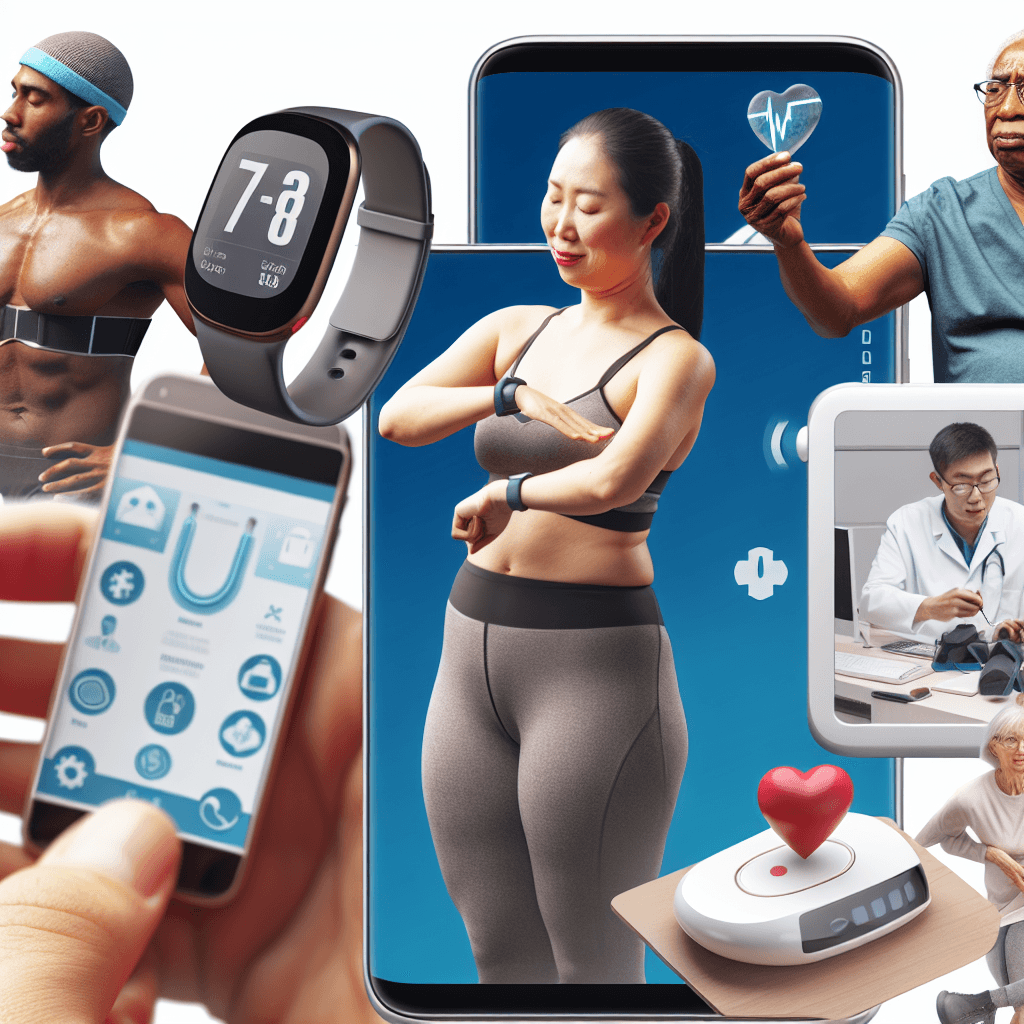Explore the mHealth market trends, growth drivers, and forecasts, as technology transforms healthcare accessibility and efficiency globally.
mHealth Market

Table of Contents
The Expanding Horizon of mHealth Market

The mHealth (mobile health) market is a dynamic and rapidly growing sector, leveraging mobile technologies to improve health outcomes, healthcare services, and health research. As the global population becomes increasingly tech-savvy and mobile device penetration deepens, mHealth solutions are becoming more prevalent and essential in both developed and developing regions. This article explores the current landscape, key drivers, challenges, and future prospects of the mHealth market.
Understanding mHealth
mHealth refers to the use of mobile and wireless technologies to support the achievement of health objectives. The application of mobile technology in health care includes the use of mobile devices such as smartphones, tablet computers, and PDAs, as well as wearable devices like smart watches to collect and transmit health data in real time.
Current Market Overview
The mHealth market has witnessed significant growth over the past decade, driven by the increasing adoption of smartphones and the proliferation of mobile applications. According to a report by Grand View Research, the global mHealth market size was valued at USD 45.7 billion in 2020 and is expected to grow at a compound annual growth rate (CAGR) of 17.6% from 2021 to 2028.
Key Drivers of mHealth Adoption
- Technological Advancements: Innovations in mobile technology and connectivity have enabled the development of new mHealth applications that can provide more efficient and effective healthcare services.
- Increasing Healthcare Costs: mHealth offers a cost-effective solution for healthcare delivery, particularly in managing chronic diseases that require continuous monitoring and care.
- Government Initiatives: Many governments are actively promoting the use of mHealth technologies to improve healthcare services and reduce the burden on traditional healthcare systems.
- Rising Awareness: There is an increasing awareness among populations about the potential benefits of mHealth, leading to higher adoption rates.
Challenges in the mHealth Market
- Data Security and Privacy Concerns: The handling of sensitive health data through mobile devices raises significant concerns about data security and privacy.
- Regulatory Issues: The mHealth market faces stringent regulatory challenges that vary by region, affecting the deployment and scalability of mHealth solutions.
- Interoperability: There is a need for mHealth applications and devices to be interoperable with existing healthcare IT systems to ensure seamless data flow and integration.
Segmentation of the mHealth Market
The mHealth market can be segmented based on the type of service, stakeholders, and application. Services include monitoring services, diagnostic services, treatment services, and wellness and prevention services. Stakeholders in the mHealth ecosystem include mobile operators, device vendors, content players, and healthcare providers. Applications of mHealth are widespread, ranging from chronic disease management to fitness tracking, medication management, and women’s health.
Regional Insights
North America currently leads the mHealth market, attributed to its advanced healthcare infrastructure, high smartphone penetration, and robust regulatory framework. However, Asia-Pacific is expected to witness the fastest growth due to its large population base, increasing mobile user base, and improving healthcare infrastructure.
Case Studies and Examples
One notable example of mHealth innovation is the use of text messaging services to improve adherence to antiretroviral therapy (ART) in sub-Saharan Africa. Studies have shown that such interventions can significantly improve patient adherence and outcomes. Another example is the use of wearable devices by chronic disease patients to monitor their health status and communicate the data directly to healthcare providers for real-time feedback.
Future Prospects
The future of the mHealth market looks promising with the continuous advancement of technology, increased focus on personalized medicine, and the integration of AI and machine learning. These technologies are expected to drive the development of more sophisticated mHealth applications that can provide predictive analytics and real-time insights into patient health.
Conclusion
The mHealth market is set to transform the healthcare landscape by making healthcare more accessible, cost-effective, and efficient. While challenges such as data security and regulatory hurdles remain, the potential benefits of mHealth in enhancing patient care and health outcomes are immense. As technology continues to evolve and stakeholders work towards addressing these challenges, the mHealth market is expected to continue its upward trajectory, playing a pivotal role in the future of healthcare.
In conclusion, the mHealth market represents a significant step forward in the intersection of healthcare and technology. With its ability to deliver real-time health monitoring and data-driven insights, mHealth empowers patients and providers alike, paving the way for a more informed and proactive approach to healthcare.








